The Hellenistic period marks a major turning-point in the development of Greek epigram: Before, epigrams were composed to be inscribed on an object (mainly on grave stones and votive offerings). While "stone epigrams" continue to be written, Hellenistic poets now start to compose "book epigrams" chiefly designed to be read on a scroll; many of these texts toy with the possibility of being inscribed on a monument and through this tension offer aesthetic pleasure to the reader. They frequently employ inscriptional language; at the same time, they modify it and often become a vehicle for poetological statements. The author investigates whether the generic modifications and expansions that may be observed in book epigrams are in turn reflected in metrical inscriptions of Hellenistic (and later) times, and how these were readapted to suit the needs of a real inscription.
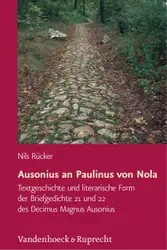
Ausonius an Paulinus von Nola : Textgeschichte und literarische Form der Briefgedichte 21 und 22 des Decimus Magnus Ausonius
Nils Rücker
book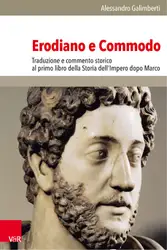
Erodiano e Commodo : Traduzione e commento storico al primo libro della Storia dell'Impero dopo Marco
Alessandro Galimberti
book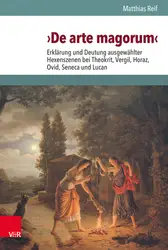
›De arte magorum‹ : Erklärung und Deutung ausgewählter Hexenszenen bei Theokrit, Vergil, Horaz, Ovid, Seneca und Lucan unter Berücksichtigung des Ritualaufbaus und der Relation zu den Zauberpapyri
Matthias Reif
book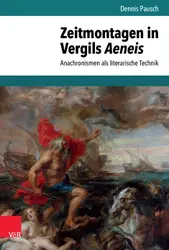
Zeitmontagen in Vergils Aeneis : Anachronismen als literarische Technik
Dennis Pausch
book
Mundus ecce nutat et labitur : Weltuntergangskonzepte in der griechischen und lateinischen Literatur
Dominic Bärsch
book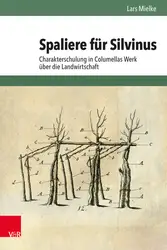
Spaliere für Silvinus : Charakterschulung in Columellas Werk über die Landwirtschaft
Lars Mielke
book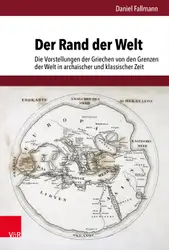
Der Rand der Welt : Die Vorstellungen der Griechen von den Grenzen der Welt in archaischer und klassischer Zeit
Daniel Fallmann
book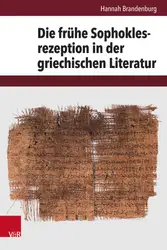
Die frühe Sophoklesrezeption in der griechischen Literatur
Hannah Brandenburg
book
Der Traum in der griechischen Philosophie : Von der archaischen Zeit bis zum frühen Hellenismus
Melissa Kunz
book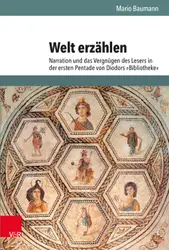
Welt erzählen : Narration und das Vergnügen des Lesers in der ersten Pentade von Diodors »Bibliotheke«
Mario Baumann
book
Ovids Epos und die Tradition des Lehrgedichts : Mythos und Elementenlehre in den »Metamorphosen«
Yasmin Schmidt
book
Patchworkfamilien in der Spätantike
Moritz Schnizlein
book
